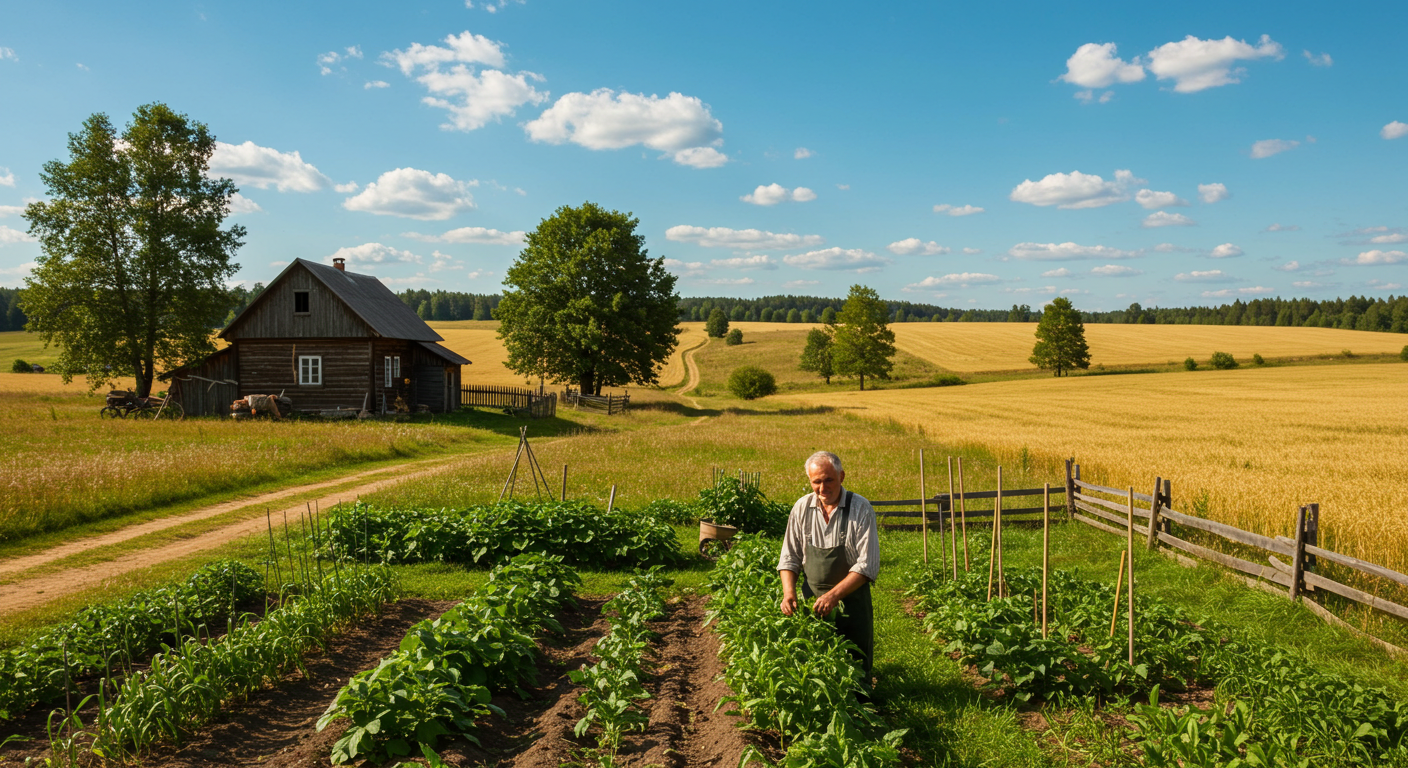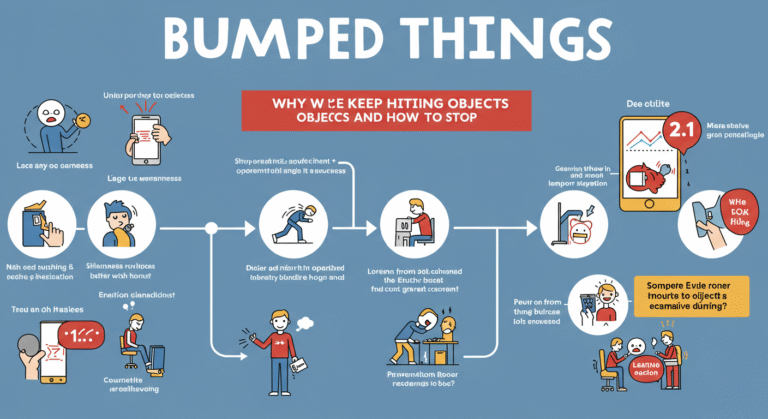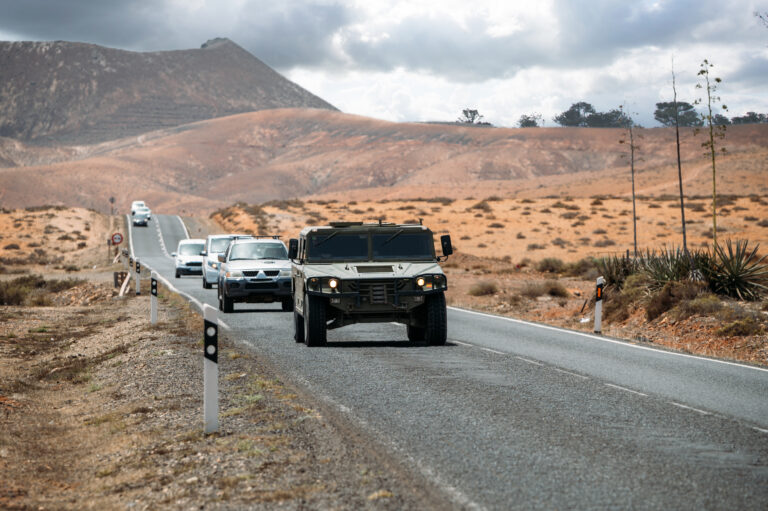Sodziu – The Living Soul of Lithuania’s Countryside
In Lithuania, the word sodziu goes far beyond its literal meaning of “village.” It symbolizes the deep-rooted connection between land, people, and tradition. As urban life accelerates and digital culture spreads, many are turning their attention back to the countryside—to the values, simplicity, and spirit of sodziu.
In this article, we’ll explore the cultural depth of sodziu, its role in preserving Lithuanian identity, and its evolving relevance in today’s world.
What Is Sodziu?
At first glance, sodziu is just the Lithuanian word for a village. But ask any Lithuanian, and they’ll tell you it’s much more. Sodziu is a way of life. It refers to the small communities scattered across the green landscape of Lithuania, where generations have farmed, celebrated traditions, and lived in close harmony with nature.
These villages represent the heart of the country’s identity—a place where time slows down and values like family, respect, and cooperation are still held sacred.
The Historical Roots of Sodziu
1. Ancient Settlements and Agricultural Traditions
Sodziu has existed for centuries, dating back to when communities were self-sufficient and centered around agriculture. Villagers grew their own food, raised animals, and built their lives around the rhythm of the seasons.
These ancient sodzius were more than places to live—they were ecosystems of knowledge, resilience, and community effort. The connection to the land was not just economic but spiritual.
2. Preserving Folk Culture Through the Sodziu Lens
Lithuania’s rich folk traditions—songs, crafts, rituals, and dances—have survived thanks to sodziu communities. Festivals like Joninės (midsummer) and Kūčios (Christmas Eve supper) still thrive in villages, passed from one generation to the next.
In sodziu, oral history matters. Elders teach youth through stories, songs, and customs that define Lithuanian identity. These are not just traditions—they are living practices.
Modern-Day Sodziu: Still Relevant or Fading Away?
A. The Threat of Depopulation
Over the past few decades, many sodziu communities have faced decline. Young people move to cities or abroad in search of jobs, leaving behind aging populations and empty homes. This demographic shift poses a real threat to the survival of traditional village life.
B. Revival Through Cultural Projects
But not all is lost. Across Lithuania, efforts are underway to revive sodziu. Government programs, cultural NGOs, and grassroots movements are restoring buildings, promoting tourism, and supporting local artisans.
Young people are returning too—some to start eco-farms, others to open guesthouses or craft businesses. This movement is often called the “sodziu revival,” and it blends the old with the new.
The Values That Sodziu Teaches
1. Simplicity and Sustainability
Life in sodziu is about living simply but meaningfully. People grow their own vegetables, make homemade bread, and preserve food for winter. There’s less waste and more respect for nature.
In an era of fast consumption, sodziu life encourages sustainability—something the modern world is now trying to relearn.
2. Community and Interdependence
In sodziu, no one is truly alone. Neighbors share tools, gather for festivals, help with harvests, and support each other in times of need. These tight-knit relationships create a sense of belonging that’s often missing in cities.
3. Patience and Rhythm
Village life follows natural cycles. Instead of the pressure to be constantly productive, sodziu allows space for rhythm—planting, growing, harvesting, and resting. It teaches patience, endurance, and appreciation for the process.
Why Tourists Are Falling in Love with Sodziu
A. Authentic Travel Experiences
More travelers are turning away from crowded cities and opting for experiences rooted in culture. Sodziu offers just that: quiet guesthouses, homemade meals, nature trails, and authentic human interaction.
Tourists get to milk cows, learn to weave, bake rye bread in clay ovens, or attend village festivals. These moments offer a taste of real life that no resort can replicate.
B. Agrotourism as a Growing Industry
Lithuanian villages are now embracing agrotourism. Locals are opening up their homes, farms, and traditions to visitors. Tourists not only enjoy rural life but also support local economies—giving sodziu new life.
Sodziu and Technology: Can They Coexist?
It may seem like sodziu is rooted in the past, but modern technology is finding a place even in these traditional settings.
-
Farmers use apps to monitor crops
-
Remote workers set up offices in village homes
-
Online platforms promote village crafts and culture
This blending of tradition and technology helps sodziu stay relevant without losing its essence.
Challenges Sodziu Still Faces
Despite the positivity, sodziu communities are not without obstacles:
-
Poor internet in some remote areas
-
Limited access to healthcare and education
-
Infrastructure issues like road quality
-
Economic dependency on seasonal income
Solving these problems requires investment, policy reform, and long-term vision. Still, the will of local communities remains strong.
Why Sodziu Deserves Recognition Today
In a fast-moving world where stress and disconnection are on the rise, sodziu reminds us of what really matters:
-
Human connection
-
Simplicity and gratitude
-
Respect for tradition and nature
Whether you’re a traveler, a student of culture, or simply someone seeking peace, sodziu has something to offer. It may be humble, but its roots run deep.
Conclusion: Sodziu – More Than a Village, It’s a Way of Life
Sodziu is not just a geographical term—it’s a philosophy. A belief that life doesn’t need to be complicated to be fulfilling. As the world becomes more digital, sodziu offers grounding. As cities grow, offers space. As people forget tradition, sodziu keeps it alive.
In the quiet of Lithuania’s countryside, continues to whisper lessons of resilience, culture, and human warmth. And perhaps now more than ever, we need to listen.







